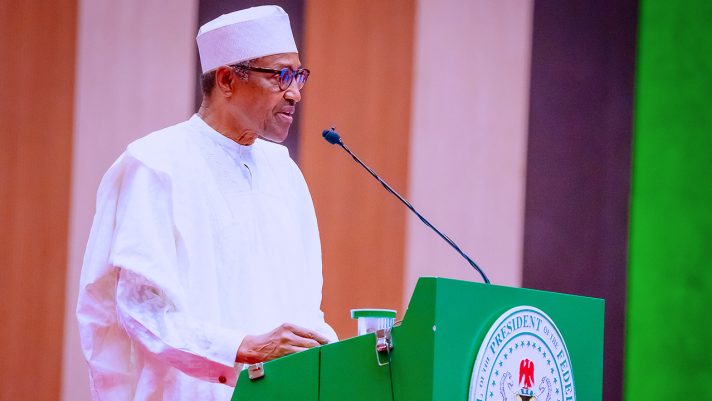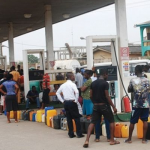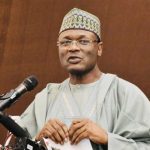By Terhemba Daka, Abuja
President Muhammadu Buhari has directed speedy action to facilitate the establishment of a world-class transformer production plant in Nigeria in collaboration with China Great Wall Industry Corporation (CGWIC) of China to accelerate stable power supply in the country.
The Executive Vice Chairman and Chief Executive Officer of the National Agency for Science and Engineering Infrastructure (NASENI), Prof. Mohammad Haruna, disclosed this to newsmen, yesterday, after he briefed the President on the agency’s third quarter reports from July to September 2022 with focus on her activities and finances.
Haruna, who said the project for the establishment of transformer manufacturing plant in the country was delayed due to the COVID-19 pandemic in China, stated that President Buhari, who doubles as chairman of the governing board of NASENI, “is anxious to see the output of this product, its impact on the availability of power, because our power supply will never be stable until we produce some components locally, including transformer.”
He said the plant when established would produce between 6.5 and 10 megawatts transformers of all sizes and different capacities to meet local demands and Nigerian standards.
On revenue generation, the executive vice chairman said Nigeria had received requests from Uganda, Cameroun and Cote D’Ivoire for the supply of school laboratory equipment, adding that payments go directly to the consolidated revenue account.
He added: “The next question about 2023 NASENI budget and IGR. The funding of NASENI came from February 2022. And that is when our impact started to be felt even though there are uncertainties.
“Yes, we are generating revenue. Our solar manufacturing plant, a limited liability company of government, is revenue for the government and other activities like the production of the laboratory equipment for secondary schools and tertiary institutions.
“Just yesterday, we received orders from Uganda; they want supply of this laboratory equipment from us. That is a revenue source for the government.
“Cameroun and Cote d’Ivoire also are patronising these products. They are revenue sources for the government. Payment for this goes directly into the consolidated revenue account.”
On collaboration with state governors, the NASENI boss said the agency work with the state governments, saying he briefs them at National Executive Council (NEC) meeting on the agency’s activities.
He said almost all the states had asked NASENI to repair their grounded tractors.
Haruna said: “Talking about collaboration with the state government, we are working together with the state government. For example, we attend National Economic Council meetings where we brief the governors on where we are, what we have done. There is a standing committee of governors’ forum working within the NASENI and then state governments are presenting issues that are within the mandate of NASENI to attend to.
“And I want to tell you that even as I say we are only receiving one per cent of Federal Government’s share of the Federation Account, the National Economic Council has agreed that we will take the full one per cent and we believe that from the end of January, we should start that.
“So, we are in pace; we have requests. We have many state governments placing orders for things that NASENI is manufacturing. For example, we increased our capacity and transferred some of our staff to Taraba because of the request by the Taraba State government to meet the demand of the state.
“We have different requests in Nassarawa. We have increased capacity on solar homes, because apart from what the Federal Government has intervened, Nassarawa State government has requested.”
He said the research department of the agency collaborated with varsities, polytechnics and monotechnics in the areas of research and training in their catchment areas.
According to him, students of universities were being trained at their facilities, adding that NASENI provides complementary teaching and practical training.
Within the period under review, the executive vice chairman said the agency received N35,610,190,719.00, which represented 80 per cent of money appropriated but utilised N28,772,931,890, leaving balance of N6,807,238,828 as at the end of September 2022.
Source: The Guardian








